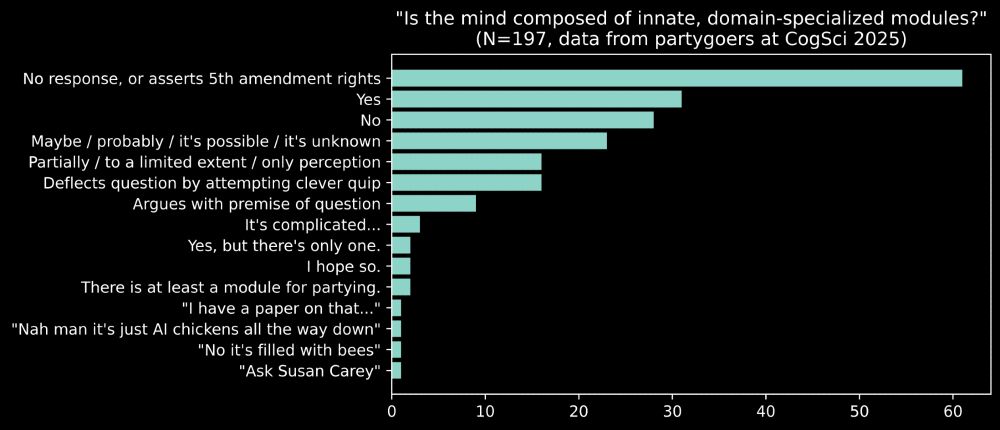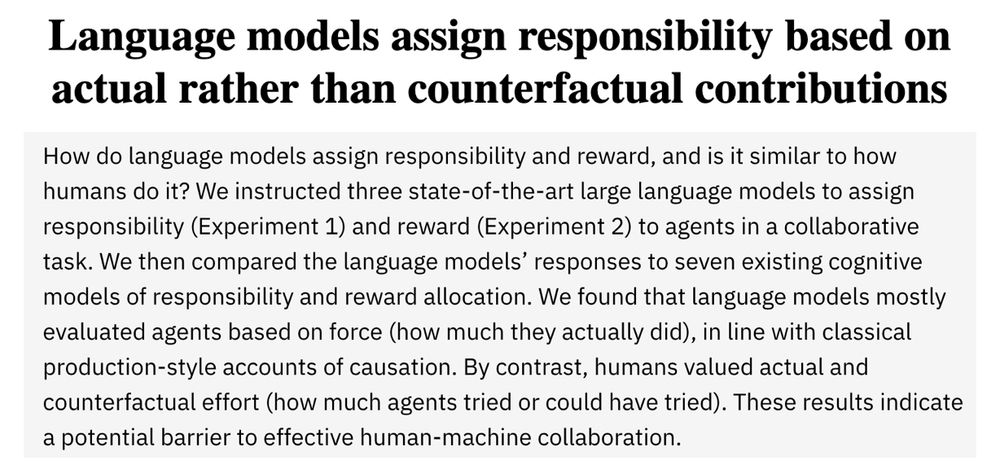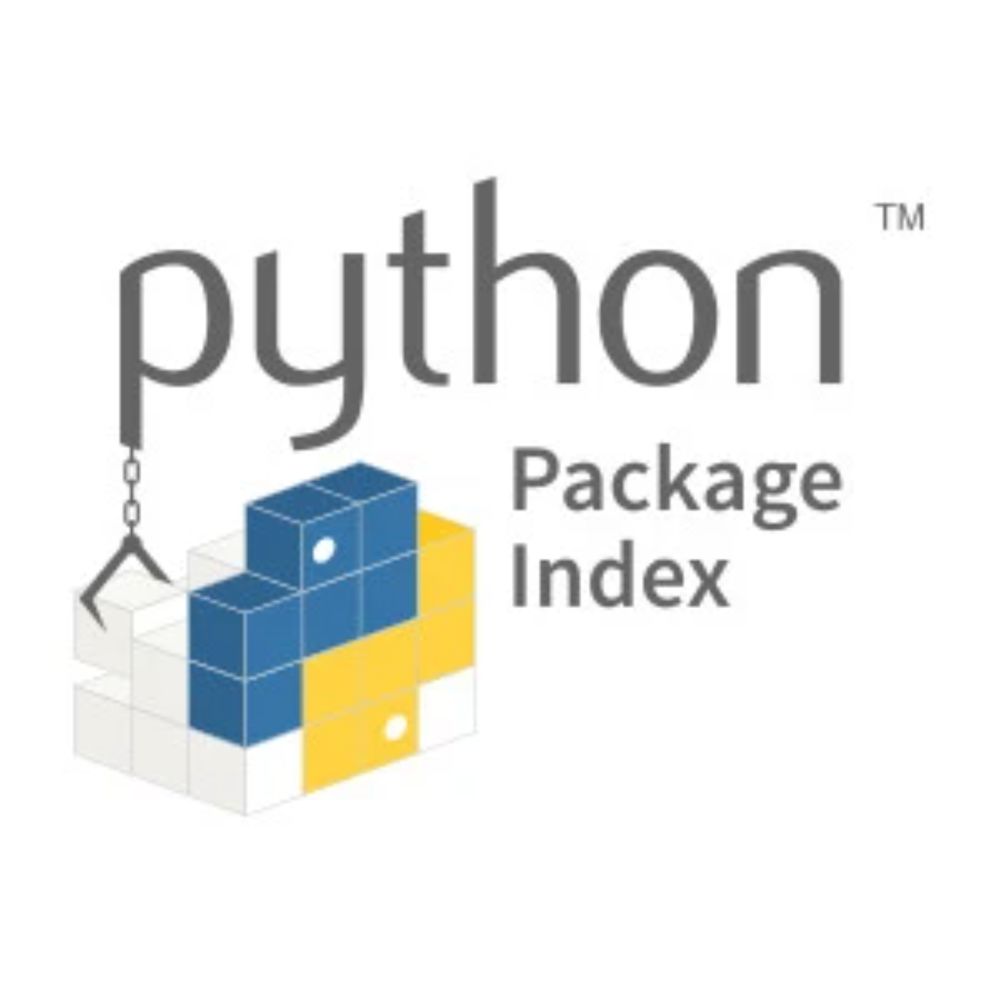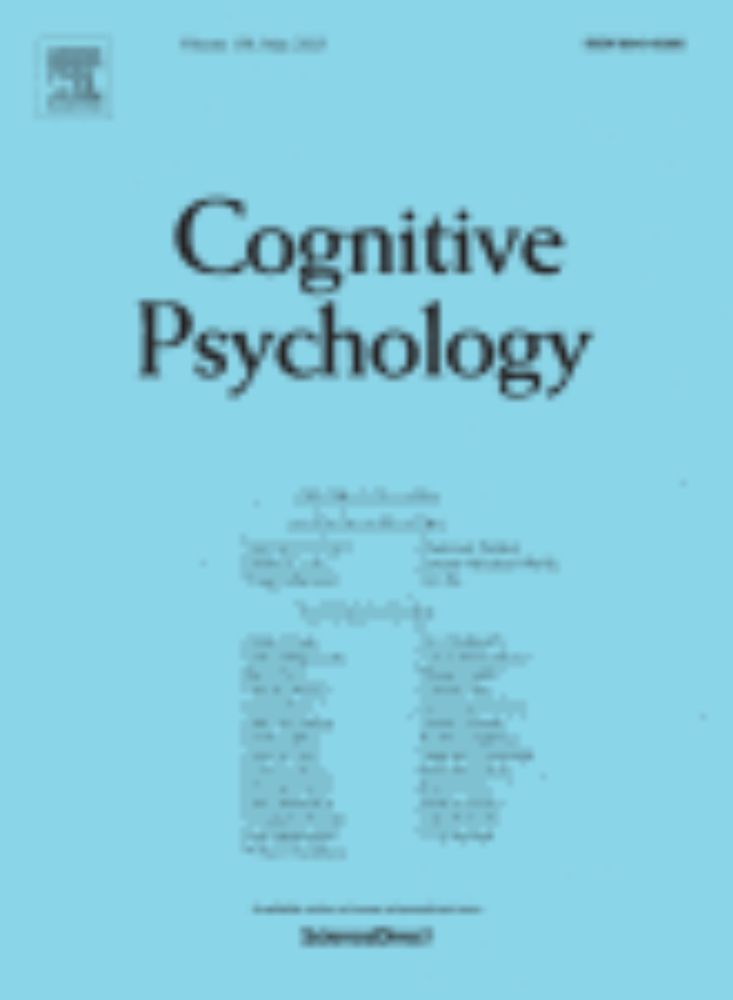Lab: https://quillienlab.github.io/
If someone knows that Venus is the only planet in the Solar System that rotates clockwise, will they also know what Earth’s only natural satellite is? What about which planets have no moons at all?

If someone knows that Venus is the only planet in the Solar System that rotates clockwise, will they also know what Earth’s only natural satellite is? What about which planets have no moons at all?
doi.org/10.1016/j.cognition.2025.106238
👇
doi.org/10.1016/j.cognition.2025.106238
👇

@openmindjournal.bsky.social
The journal is diamond open access (free to read, free to publish) thanks to the support of MIT Press, Harvard Library, & MIT Library.
@openmindjournal.bsky.social
The journal is diamond open access (free to read, free to publish) thanks to the support of MIT Press, Harvard Library, & MIT Library.
@cognitionjournal.bsky.social.
Moral psychologists almost always use self-report scales to study moral judgment. But there's a problem: the meaning of these scales is inherently relative.
A 2 min demo (and a short thread):
1/7
@cognitionjournal.bsky.social.
Moral psychologists almost always use self-report scales to study moral judgment. But there's a problem: the meaning of these scales is inherently relative.
A 2 min demo (and a short thread):
1/7
Well, I wrote about it.
🧵

Well, I wrote about it.
🧵
www.pnas.org/doi/10.1073/...

www.pnas.org/doi/10.1073/...
I've written a short letter highlighting ways that this strategy can go wrong:
www.pnas.org/doi/10.1073/...

I've written a short letter highlighting ways that this strategy can go wrong:
www.pnas.org/doi/10.1073/...
My new paper with my lab manager Katharina Wenig in Cognitive Science, "Causal Perception(s)"
Free open access: onlinelibrary.wiley.com/doi/epdf/10....
#CogSci #PsychSciSky
🧵(1/22)
My new paper with my lab manager Katharina Wenig in Cognitive Science, "Causal Perception(s)"
Free open access: onlinelibrary.wiley.com/doi/epdf/10....
#CogSci #PsychSciSky
🧵(1/22)
We study the computational principles of how people learn, reason, and communicate.
It's a new lab, and you will be playing a big role in shaping its culture and foundations.
Spread the words!


🧵

🧵
This new research suggests that it has a different effect. Growth mindset makes people more inclined to *blame* students for their failures
escholarship.org/content/qt4k...

This new research suggests that it has a different effect. Growth mindset makes people more inclined to *blame* students for their failures
escholarship.org/content/qt4k...
So much better than psychologists re-explaining how people are just oh so irrational and philosophers examining their intuitions about increasingly elaborate tales of rock throwing and firing squads 😉
🧵
www.sciencedirect.com/science/arti...

So much better than psychologists re-explaining how people are just oh so irrational and philosophers examining their intuitions about increasingly elaborate tales of rock throwing and firing squads 😉
🧵
www.sciencedirect.com/science/arti...

🧵
www.sciencedirect.com/science/arti...
LLMs are increasingly involved in human collaborations. How do LLMs assign responsibility and reward to collaborators? Is it similar to how humans do it? 🤖🧑
📃 gershmanlab.com/pubs/XiangBi... (1/4)

A fascinating paper by Ozdemir and Walker finds some hints of this pattern in 5- to 7-year old children.
static1.squarespace.com/static/5615d...


A fascinating paper by Ozdemir and Walker finds some hints of this pattern in 5- to 7-year old children.
static1.squarespace.com/static/5615d...
pypi.org/project/memo...
and
osf.io/preprints/ps...

pypi.org/project/memo...
and
osf.io/preprints/ps...

cse.buffalo.edu/~hungngo/cla...
Interestingly, what the theorem really requires is the hypothesis space to be restricted, not simple.
cse.buffalo.edu/~hungngo/cla...
Interestingly, what the theorem really requires is the hypothesis space to be restricted, not simple.
www.sciencedirect.com/science/arti...


www.sciencedirect.com/science/arti...
We provide a new information-theoretic perspective on many phenomena (old and new) in judgment under uncertainty.
🧵
Lossy encoding of distributions in judgment under uncertainty
By @tadegquillien.bsky.social , me & Chris Lucas
www.sciencedirect.com/science/arti...
We find people's 'best guesses' sneakily encode distribution information that guesser & others can reconstruct later

We provide a new information-theoretic perspective on many phenomena (old and new) in judgment under uncertainty.
🧵
The Development of the “First Thing That Comes to Mind”
with @xphilosopher.bsky.social and @ebonawitz.bsky.social
psycnet.apa.org/fulltext/2026-25569-001.html
#CogSci #PsychSciSki #DevSci
(1/10)
The Development of the “First Thing That Comes to Mind”
with @xphilosopher.bsky.social and @ebonawitz.bsky.social
psycnet.apa.org/fulltext/2026-25569-001.html
#CogSci #PsychSciSki #DevSci
(1/10)
Doing things intentionally: Probability raising and control

Doing things intentionally: Probability raising and control

